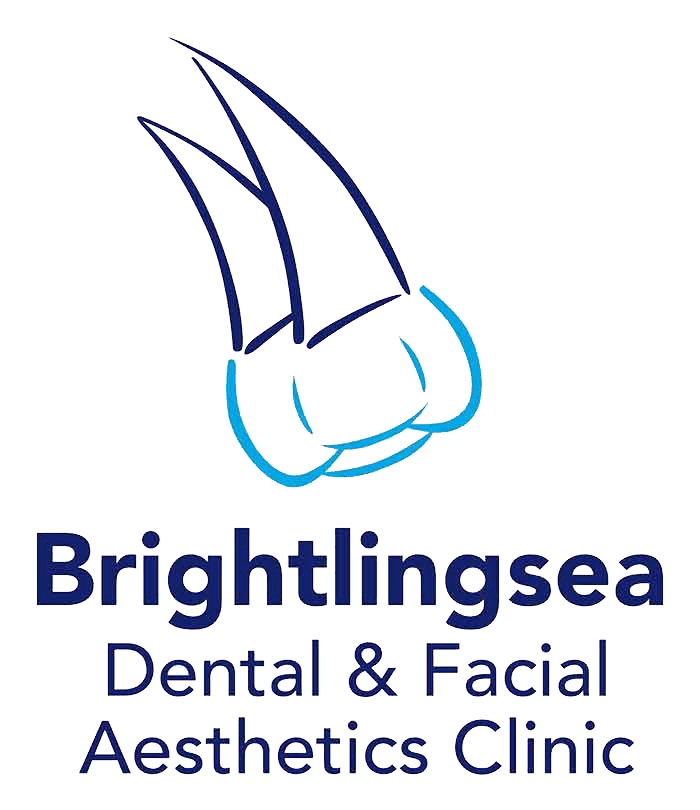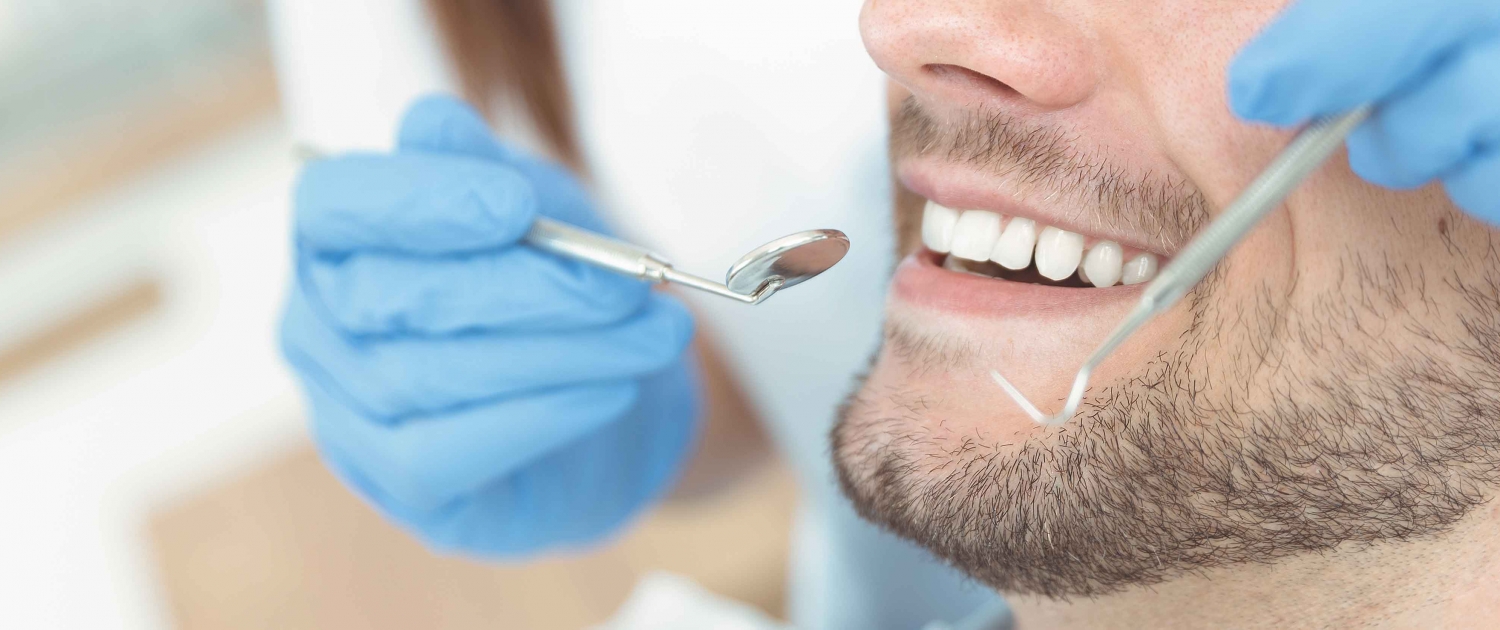Dental Check-up
A check-up allows your dentist to see if you have any dental problems and helps you keep your mouth healthy. NHS dental guidance states that leaving problems untreated could make them more difficult to treat and more expensive in the future, so it’s best to deal with problems early, or, if possible, prevent them altogether.
Gum Disease
Severe gum problems such as gingivitis and periodontitis can cause the gums to recede and lead to damage in the jawbone. This means teeth are more likely to move and are less secure in the jaw. Regular tooth brushing is essential and check-ups and dental hygienist appointments will identify problems early so that they can be treated before they become real-long term problems.
Hygienist scale & polish
Regular, three to six-monthly appointments with a hygienist to remove accumulated tartar and plaque build-up around the teeth and below the gum line should also be part of your tooth care routine because often even regular brushing is not enough. There is plenty of research-based evidence showing links between oral and body health.

